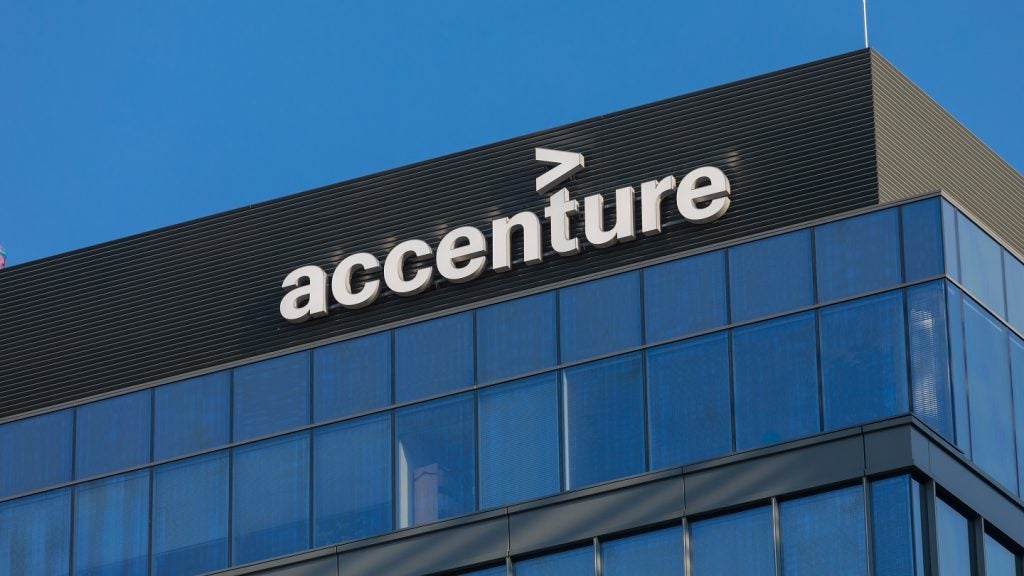
The landmark changes in the Australian parliament has seen tech giants Facebook and Google paying taxes in Australia based on revenues made in the country, instead of shifting income abroad to low-tax jurisdictions.
This is the result of the worldwide Base Erosion and Profit Shifting (BEPS) project that was published by the G20 and the OECD in October 2015.
BEPS guidelines give governments around the world the power to crackdown on multinational companies, stopping them from finding loopholes to avoid paying their taxes.
Action 2 of the BEPS project focuses on “hybrid mismatches” — mismatches between EU tax systems and those of non-EU countries.
The UK has implemented this action since January 2017 to prevent companies involved in cross-border or domestic transactions from shifting their profits to low tax jurisdictions.
We are bound to see more multi-national companies coming forward and paying taxes in the countries that they operate in to avoid higher fines and negative publicity.
How well do you really know your competitors?
Access the most comprehensive Company Profiles on the market, powered by GlobalData. Save hours of research. Gain competitive edge.

Thank you!
Your download email will arrive shortly
Not ready to buy yet? Download a free sample
We are confident about the unique quality of our Company Profiles. However, we want you to make the most beneficial decision for your business, so we offer a free sample that you can download by submitting the below form
By GlobalDataStarbucks, the poster child for tax avoidance, paid £8.1m in corporation tax at a rate of 24 percent, above the UK corporation tax rate of 20 percent due to a one-off change in accounting practices in 2015.
The coffee house was forced to pay up at a higher rate after details of its meagre tax contribution emerged in 2012. At that time, Starbucks was accused of using artificial corporate structures to shift profits out of the UK into low tax jurisdictions.
As so many governments around the world struggle to deliver on public spending, they will be using every opportunity to tax corporations operating in their jurisdiction.
BEPS is the biggest change in international tax in decades and multinational companies need to seek advice from professional advisers to ensure that they comply with the new corporation tax legislation.
Alan Rajah is a partner at Lawrence Grant, a chartered accountancy firm based in London






